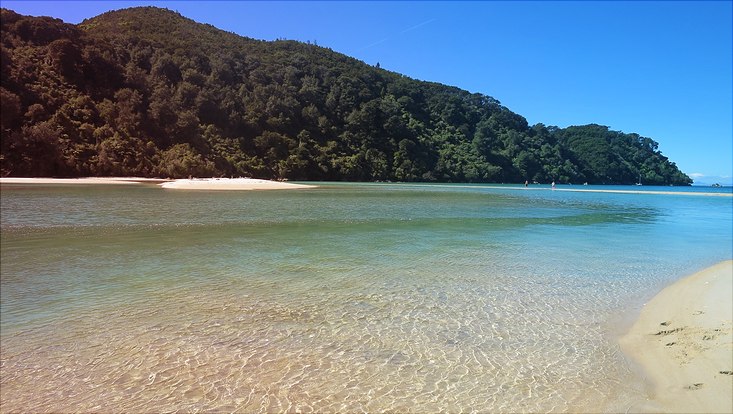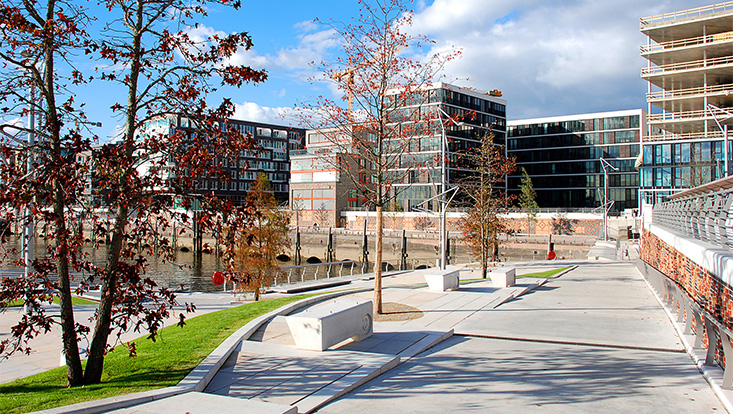Climate Researcher Christopher Hedemann Receives 2017 Köppen Prize
29 January 2018, by Christina Kraetzig

Photo: MPI/ B. Diallo
Dr. Christopher Hedemann was awarded this year’s Wladimir Peter Köppen Prize. The Cluster of Excellence CliSAP selected the Australian climate scientist, sociologist and literature scholar for his excellent doctoral dissertation submitted at the Max Planck Institute for Meteorology in Hamburg. In his thesis the scientist investigated a well-known phenomenon: the slowing of global warming between 1998 and 2012. Hedemann identified a previously unknown cause of this unusual phase, turning other current theories on their heads.
At the beginning of the 21st century, temperatures on the Earth rose less sharply than expected – despite increased CO2 emissions and continuing climate change. This raised the question: what happened to the extra heat?
To date, scientists have assumed that the oceans “swallowed” the extra heat and stored it in their depths. However, Christopher Hedemann has demonstrated that the total amount of heat absorbed by the global oceans was not sufficient to explain the slowdown in warming. Instead, he has identified a further possible cause. Using numerous climate models, he has demonstrated that in certain phases, the Earth reflects more of the sun’s energy, so that less heat reaches its surface. This process also slows the temperature rise.
This means that different causes for the slowing of global warming come into question: heat absorption by the oceans, increased reflection of the sun’s energy – or a combination of the two. It’s impossible to calculate which of these factors was responsible for the slowdown between 1998 and 2012 using the data currently available.
By awarding the Köppen Prize to Christopher Hedemann, the jury has honored an original dissertation that goes beyond critically assessing the methods used in connection with a tangible phenomenon and pushes the epistemological limits of climate research and modeling. “The work shows that science advances often stem from calling earlier findings into question,” explains the jury.
The Cluster of Excellence CliSAP awards the Wladimir Peter Köppen Prize for outstanding doctoral theses by young scientists. The prize, worth €5,000, will be presented for the ninth time at CliSAP’s annual reception on February 23, 2018.


